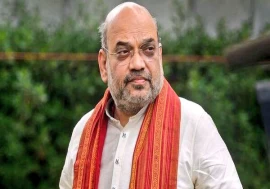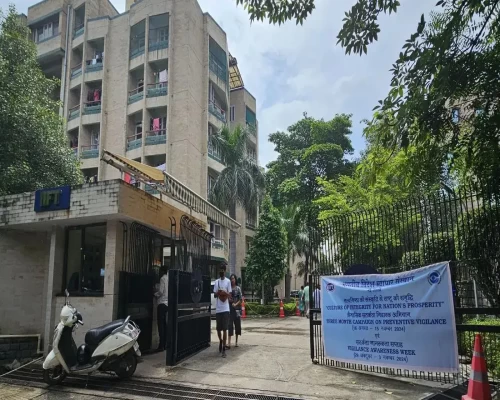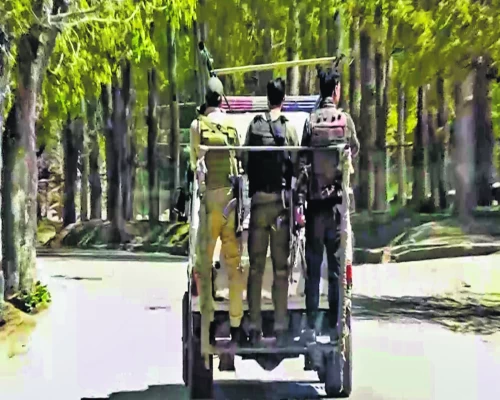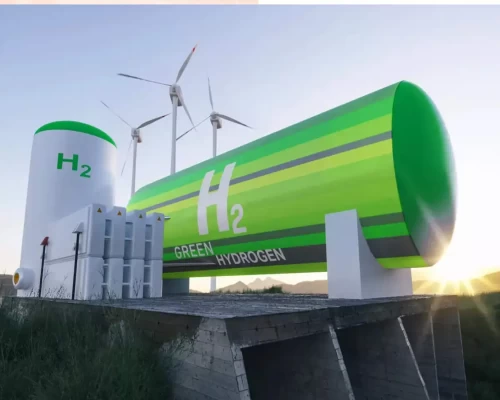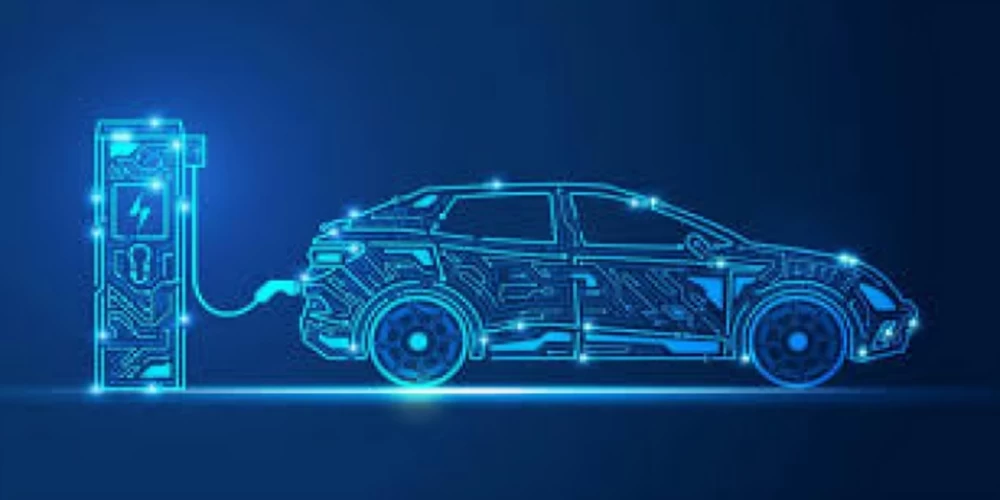
New Delhi: The Anusandhan National Research Foundation (ANRF) has announced the selection of seven electric mobility nodes, or e-Nodes, under its Mission for Advancement of High-impact Areas on Electric Vehicles (MAHA-EV). The initiative aims to drive research and innovation in key areas of India’s electric vehicle ecosystem through focused support and collaboration.
The MAHA-EV mission invited proposals in three critical technological verticals—Tropical EV Battery and Battery Cells (TV-I), Power Electronics, Machines and Drives (TV-II), and EV Charging Infrastructure (TV-III). The selected projects are to be carried out in consortia mode, bringing together academic institutions and research laboratories with mandatory participation from industry partners. This approach is intended to foster real-world application of research outputs and contribute meaningfully to India’s transition to electric mobility.
The seven e-Nodes chosen under this call include Indian Institute of Technology Bombay, International Advanced Research Centre for Powder Metallurgy and New Materials in Hyderabad, National Institute of Technology Karnataka in Surathkal, Indian Institute of Technology Kanpur, Indian Institute of Technology (BHU) Varanasi, CSIR-Central Electronics Engineering Research Institute in Pilani, and Indian Institute of Technology Kharagpur. These institutions will lead research efforts across the three verticals outlined in the mission. Of the seven, two will focus on tropical EV batteries and cell technologies, three on power electronics, machines, and drives, and the remaining two on EV charging infrastructure.
The call received a strong response, with 227 proposals submitted in the consortia format by academic institutions, R&D bodies, and industry stakeholders. The selected e-Nodes represent high-potential collaborations that are expected to contribute to India’s technological capabilities in electric mobility, while aligning with broader goals of sustainability, innovation, and self-reliance.
BI Bureau


